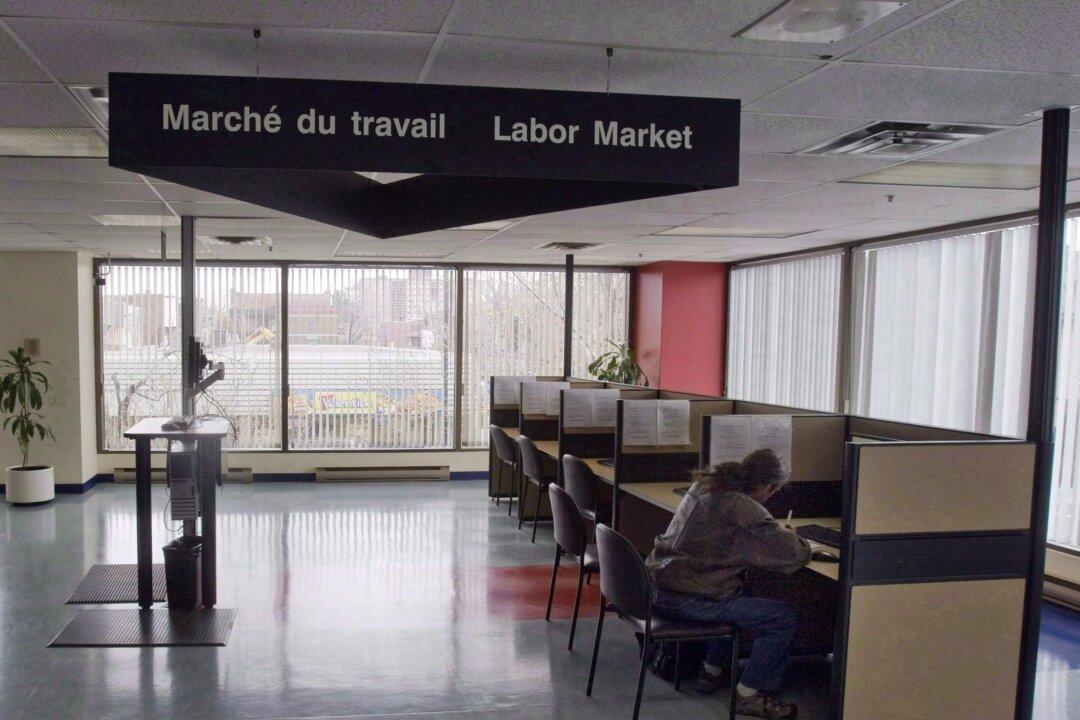While health care has been the top national issue of concern for most of the last two years, financial matters and the economy have slowly inched into the top three worries for Canadians, according to a recent weekly Nanos Research poll.
Nanos tracks unprompted issues of concern each week, and in the newest poll for the week ending April 7, released April 11, the data indicates that jobs and the economy are closing in on health care as the top issue of concern following the federal budget.





